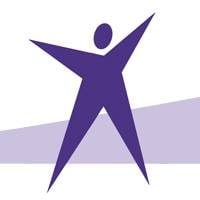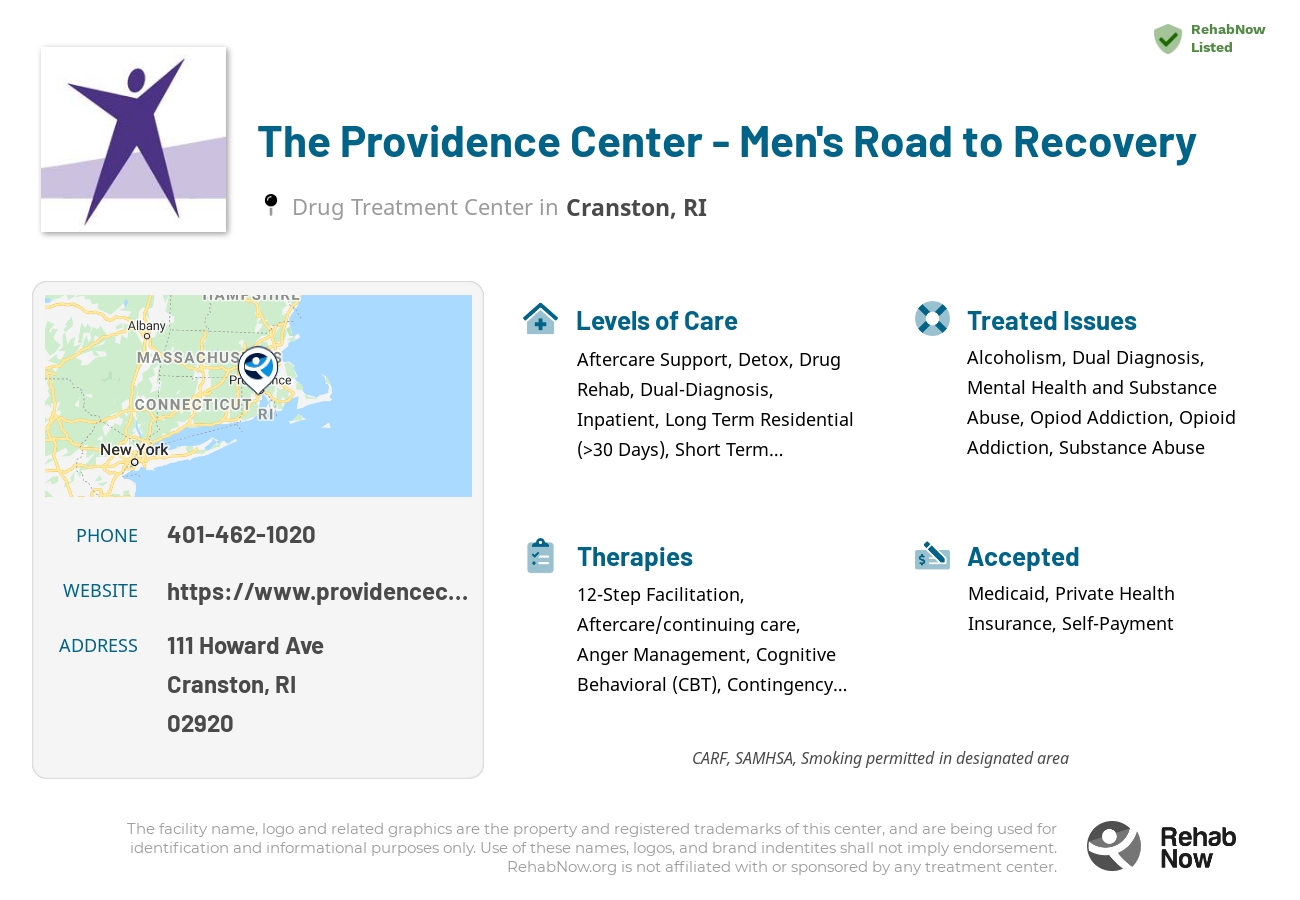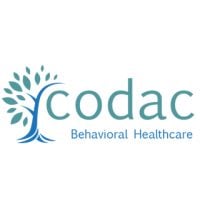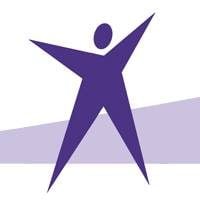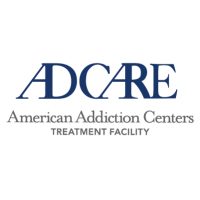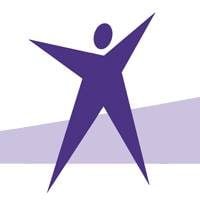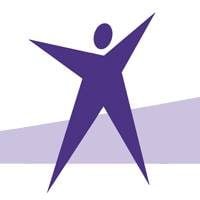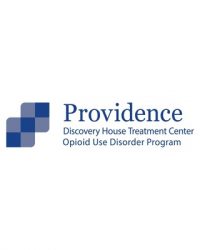The Providence Center - Men's Road to Recovery
Drug Rehab Center in Cranston, Rhode Island
The Providence Center - Men's Road to Recovery in Cranston, RI offers comprehensive care for individuals struggling with addiction and substance abuse, including detox, inpatient and residential levels of care, and aftercare support, with a focus on addressing mental health concerns through dual-diagnosis treatment.
About This Rhode Island Facility
The Providence Center - Men's Road to Recovery, located in Cranston, RI, is a behavioral health care facility that has been serving the community since 1969. This center focuses on providing innovative mental health and substance use services to meet the changing needs of Rhode Islanders.
The Providence Center - Men's Road to Recovery specializes in treating substance use disorders, co-occurring mental health conditions, and offers support for individuals struggling with addiction and mental health issues.
This CARF and SAMHSA accredited facility offers a range of evidence-based treatment options, including detox, inpatient and residential levels of care, individual and group counseling, medication management, and aftercare support. The center emphasizes comprehensive care tailored to individual needs to support long-term recovery.
- Comprehensive assessments to identify substance use disorders and co-occurring mental health conditions
- Individualized treatment planning based on each client's unique needs
- Evidence-based therapies such as motivational interviewing, cognitive behavioral therapy, and relapse prevention
- Aftercare support to ensure a smooth transition back into the community and sustained recovery
Rhode Island has been grappling with the opioid epidemic, and The Providence Center - Men's Road to Recovery is well-equipped to help individuals overcome opioid addiction through their comprehensive treatment approach.
The ideal candidate for this facility is a man seeking professional help to overcome substance abuse, addiction, and co-occurring mental health issues in a supportive environment.
Genders
Ages
Modality
Additional
Accreditations
SAMHSA

CARF
The Commission on Accreditation of Rehabilitation Facilities (CARF) is a non-profit organization that specifically accredits rehab organizations. Founded in 1966, CARF's, mission is to help service providers like rehab facilities maintain high standards of care.
Conditions and Issues Treated
The inappropriate use of any drug in Cranston, RI is substance abuse. This involves alcohol, medications, and illicit drugs. With a combination of physical and psychiatric therapies, drug addiction is successfully treated at The Providence Center - Men's Road to Recovery. After Detox is complete, individuals follow-up with treatments treating the root cause of the addiction.
Opioid addiction is known as a high-risk factor for future heroin addiction. Opioid withdrawal can be extremely uncomfortable and lead the user to continue to use. It is recommended to receive inpatient treatment and a medically supervised detox, The Providence Center - Men's Road to Recovery in Cranston, RI offers treatment for opioids.
A dual diagnosis is when someone deals with both alcohol and mental or emotional disorder. Emotional trauma, bipolar disorder, schizophrenia, depression can be part of dual diagnosis therapy. It must happen simultaneously to get care for these conditions to handle any of them effectively.
Levels of Care Offered at The Providence Center - Men's Road to Recovery
This center offers a variety of custom treatment tailored to individual recovery. Currently available are Aftercare Support, Detox, Drug Rehab, Dual-Diagnosis, Inpatient, Residential, with additional therapies available as listed below.
Detoxification is a process that allows the patient to stop using opioids without experiencing severe withdrawal symptoms. This can be necessary for those who have been addicted for a long period of time or who are struggling with chronic pain. During this process, addicts will receive medication and psychological support from doctors and other medical professionals until they can control their cravings.
Residential treatment programs are those that offer housing and meals in addition to substance abuse treatment. Rehab facilities that offer residential treatment allow patients to focus solely on recovery, in an environment totally separate from their lives. Some rehab centers specialize in short-term residential treatment (a few days to a week or two), while others solely provide treatment on a long-term basis (several weeks to months). Some offer both, and tailor treatment to the patient’s individual requirements.
Treatment is just the first step to maintaining sobriety. After treatment, aftercare support at The Providence Center - Men's Road to Recovery helps the individual adjust to a life without substances. This support may involve a sober living home in or near Cranston, RI, career counseling, or educational assistance. This is when a relapse prevention plan begins to take shape.
Therapies & Programs
Individual therapy involves one on one sessions between the patient and the therapist at The Providence Center - Men's Road to Recovery. Individual therapy provides patients with a safe environment where they can openly discuss their problems with the therapist. The patients find the therapist as a person who they can trust. It helps them to open up and discuss personal and sensitive issues, which they may not be comfortable discussing in a group setting.
Individual therapy aims to identify the core issues that would have led the patient to substance abuse and address the root cause effectively. The therapist can develop patient-specific customized solutions through individual therapy, which aids speedier recovery.
Recovery can be more effective if the entire family’s involved. Family therapy hosted by The Providence Center - Men's Road to Recovery brings in the addict’s family to explore genetic factors. It gives loved ones the tools for dealing with addiction and its underlying mental issues. It is a recommended step in helping addicts adapt to sober living.
Trauma is one of the most common causes of psychological disorders. It’s often found in people with addiction diagnoses. Trauma therapy addresses this by examining the emotions and thoughts people have formed due to past traumas. Traumas are complex but trauma therapy can reduce their ability to contribute to addictive behaviors.
Dialectical Behavioral Therapy is a form of Cognitive Behavioral Therapy. It is designed for those who are prone to self-harm and suicidal behaviors. The Providence Center - Men's Road to Recovery aims to help patients understand the relationship between their thoughts, feeling and behaviors and it gives them the tools to make a change. It is effective for those whose addictions and behaviors stem from extreme mental health issues.
Rehabilitation is not just limited to bringing an individual out of addiction and achieving sobriety. It is considered complete only when an individual starts leading a normal and balanced life. Life skill therapy focuses on the various skills that helps an individual to lead a normal life. Patients often do not take care of themselves, struggle professionally and withdraw from social interaction due to the physical and emotional disturbances caused by addiction.
Life skills therapy helps them to improve various personal, professional and social skills such as cooking healthy meals, maintaining proper hygiene, budgeting, decision making, time management, regulation of emotions and resolving the interpersonal conflicts effectively.
The right diet can improve a person’s general outlook, sleep habits and thought processing skills. MNT also lowers the occurrence of chronic diseases such as adult-onset diabetes. Dieticians like those at The Providence Center - Men's Road to Recovery in Cranston, RI believe that nutrition therapy is the key to making significant lifestyle changes.
Nicotine Replacement Therapy (NRT) uses low dose nicotine products to ween smokers away from cigarettes. The products get nicotine into the bloodstream without smoking reducing addiction to the physical habit. It also allows addicts to adjust to lower doses to reduce withdrawal symptoms.
Contingency Management (CM), also known as motivational incentives or prize method, is a behavioral therapy type. It is based on the principle that their consequences influence the behaviors of an individual. So, it promotes the desired behavior by giving rewards while discouraging the unwanted behaviors by withholding the rewards or even by giving punishments. One of the expected desired behavior is the absence of drug in a toxicology screen, and the rewards vary from prize or vouchers, to experiences. CM is used for individuals who need therapy for more than 3 months, and it has the advantage of being implemented by family members.
Payment Options Accepted
For specific insurance or payment methods please contact us.
Is your insurance accepted?
Ask an expert, call (888) 674-0062
Additional Details
Specifics, location, and helpful extra information.
Cranston, Rhode Island 02920 Phone Number(401) 462-1020 Meta DetailsUpdated April 15, 2024
Staff Verified
Patient Reviews
There are no reviews yet. Be the first one to write one.
Cranston, Rhode Island Addiction Information
Although Rhode Island is the smallest state, it is not immune to the rampant drug and alcohol crisis sweeping the country. Between 2008 and 2017, 16.8% of all deaths in the state were caused by either drugs or alcohol. Fentanyl is used by drug dealers to cut heroin, and is 30 to 50 times stronger than heroin.
According to recent statistics, in Cranston, Rhode Island, there are approximately 3,700 people in Cranston who struggle with addiction to drugs or alcohol. Over 1,600 admissions to drug and alcohol rehabs in Cranston in 2016. This means that drug addiction and abuse are major problems in the community, costing taxpayers millions of dollars each year. A wide range of drug rehab programs is available in Cranston depending on the individual's needs.
Treatment in Nearby Cities
- Tiverton, RI (15.3 mi.)
- Cranston, RI (2.8 mi.)
- North Providence, RI (7.5 mi.)
- Charlestown, RI (26.7 mi.)
- Johnston, RI (5.8 mi.)
Centers near The Providence Center - Men's Road to Recovery
The facility name, logo and brand are the property and registered trademarks of The Providence Center - Men's Road to Recovery, and are being used for identification and informational purposes only. Use of these names, logos and brands shall not imply endorsement. RehabNow.org is not affiliated with or sponsored by The Providence Center - Men's Road to Recovery.
